Optimal Timing for Land Clearing
Land clearings are most effective during specific times of the year to ensure optimal results and minimize operational challenges. Timing depends on weather conditions, soil moisture levels, and the type of vegetation or debris to be removed. Proper scheduling can lead to cost savings and efficient project completion.
Late fall and early spring are generally ideal for land clearing due to drier soil conditions and moderate temperatures.
Avoid land clearing during heavy rains or snow to prevent soil erosion and equipment difficulties.
Hardwood areas may require different timing compared to softwood or grasslands for safer and more effective clearing.
Dry soil conditions facilitate easier excavation and reduce equipment wear.
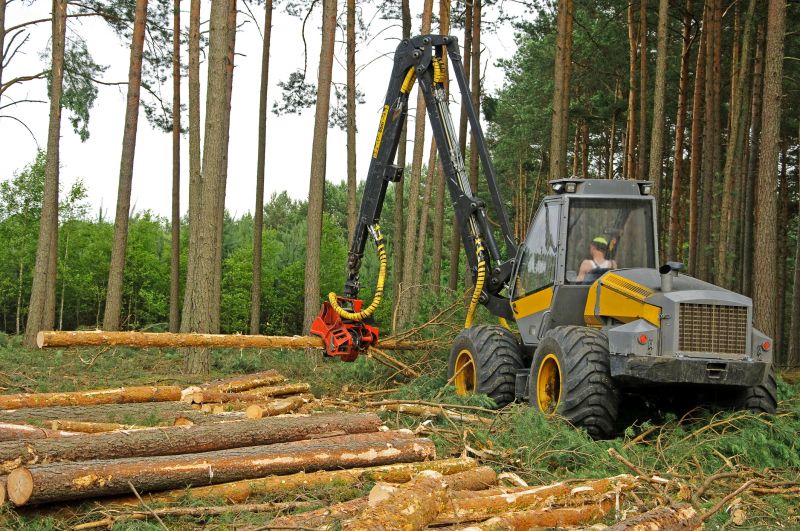
Heavy machinery removing trees and debris in optimal weather conditions.
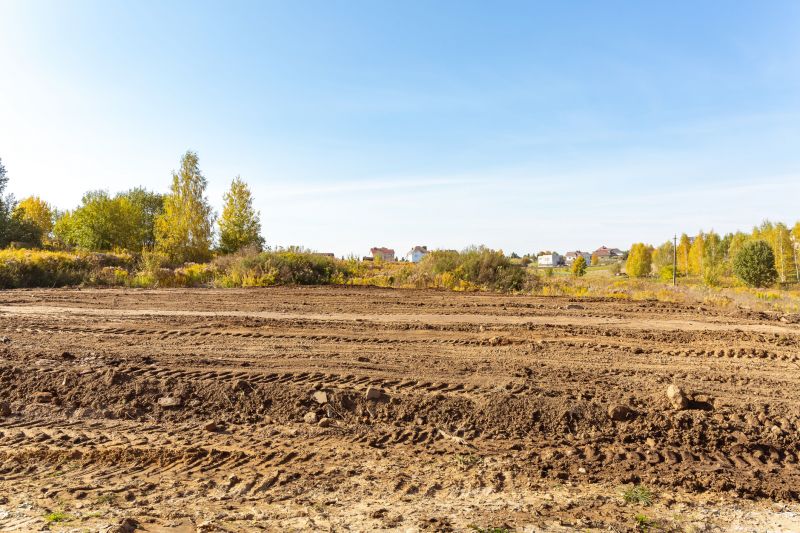
A landscape before and after clearing during the best seasonal window.

Clearing land in spring to prepare for construction projects.
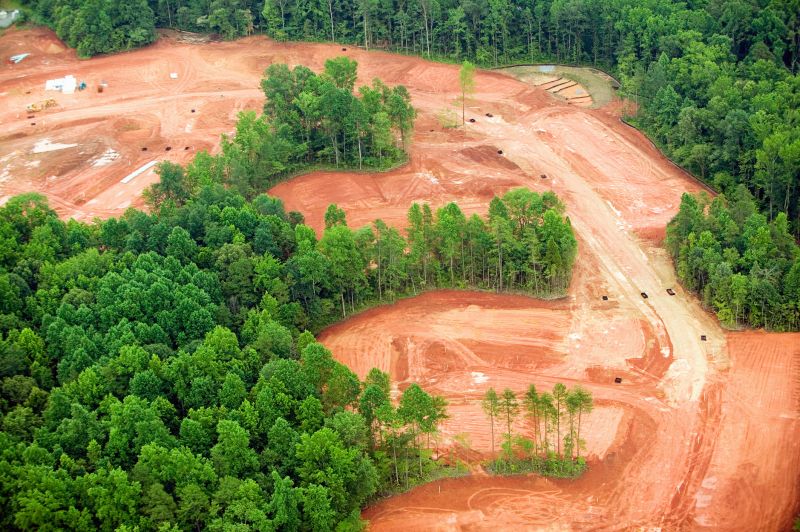
Ways to make Land Clearings work in tight or awkward layouts.
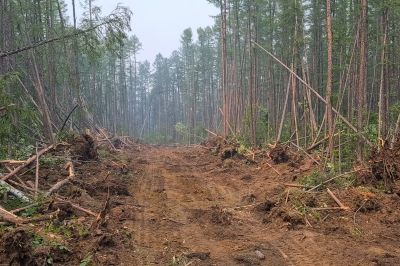
Popular materials for Land Clearings and why they hold up over time.
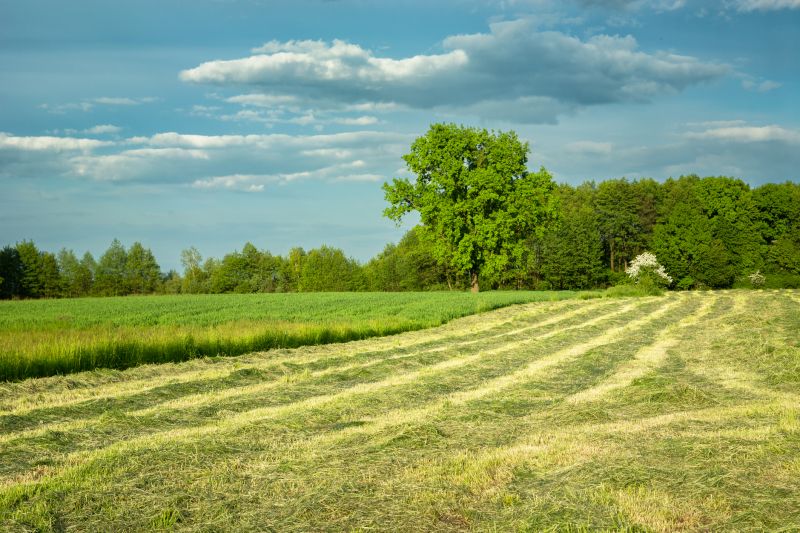
Simple add-ons that improve Land Clearings without blowing the budget.
| Timing Factors | Recommendations |
|---|---|
| Weather Conditions | Schedule during dry periods, avoid heavy rain or snow |
| Soil Moisture | Opt for times when soil is sufficiently dry |
| Vegetation Type | Adjust timing based on plant species and growth cycles |
| Regulatory Approvals | Plan around permit application and approval timelines |
| Seasonal Windows | Late fall and early spring are preferred |
Land clearing involves removing trees, brush, and debris to prepare land for development, agriculture, or other uses. Proper timing ensures safety, efficiency, and cost-effectiveness. Weather patterns, soil conditions, and vegetation types significantly influence the best periods for land clearing activities. In many regions, scheduling during dry seasons minimizes soil disturbance and reduces operational delays.
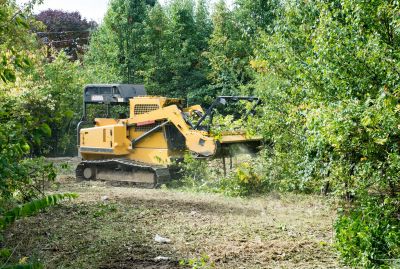
Heavy machinery efficiently removing vegetation during optimal conditions.
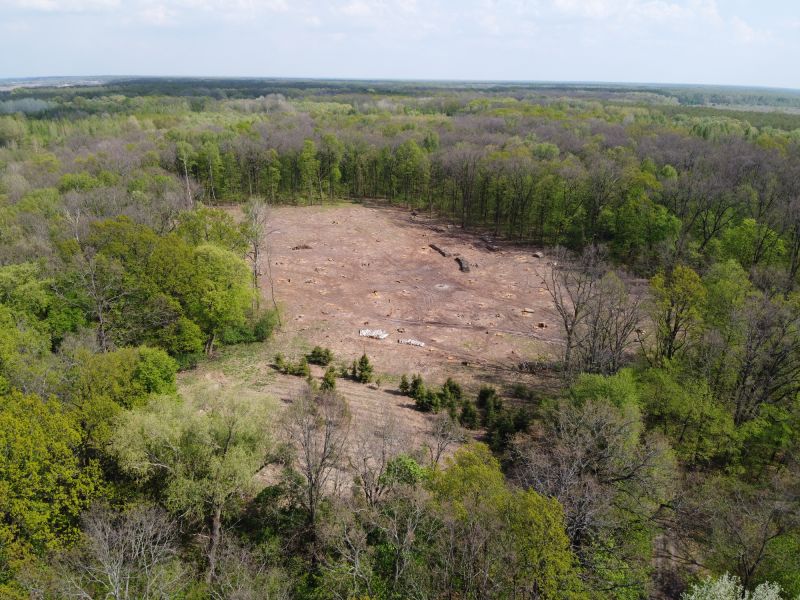
Visual comparison of land prior to and after clearing activities.

Preparing land for planting or construction in early season.
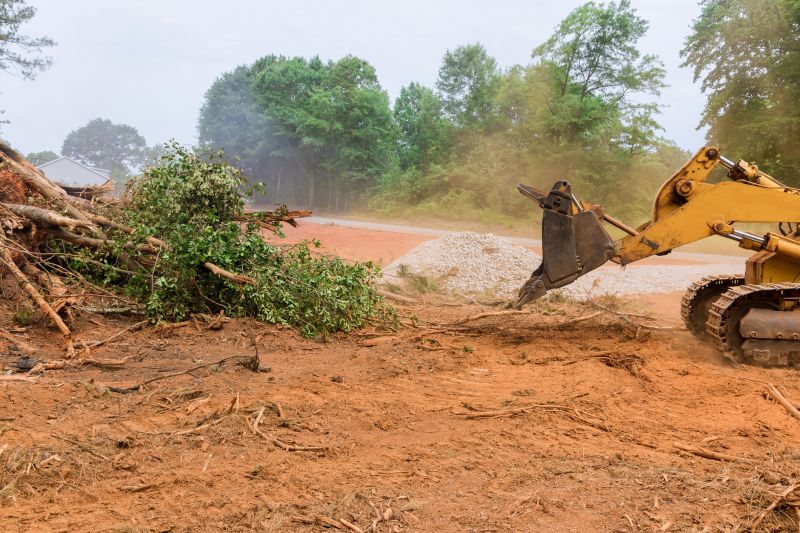
Heavy equipment operating on dry, stable soil.
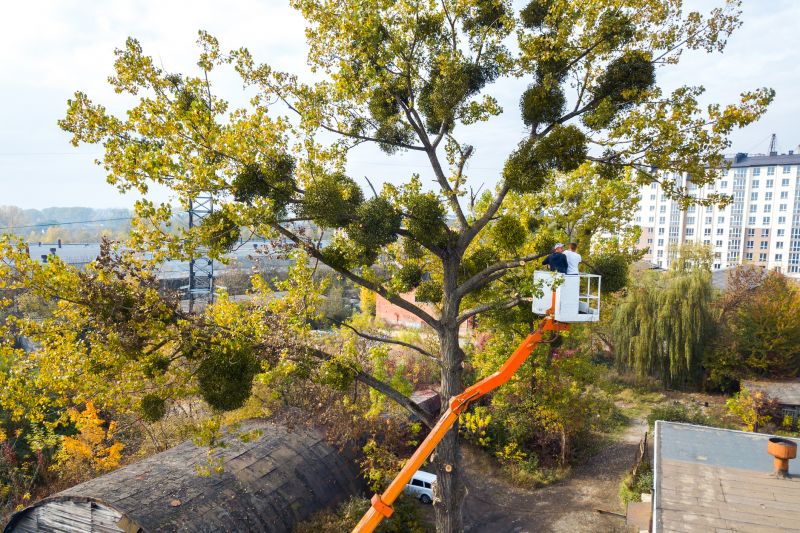
High-end options that actually feel worth it for Land Clearings.

Finishes and colors that play nicely with Land Clearings.

Little measurements that prevent headaches on Land Clearings day.

A 60-second routine that keeps Land Clearings looking new.
Interested parties are encouraged to contact for more information about scheduling land clearings. Proper timing can lead to smoother operations and better results. Filling out the contact form provides access to expert advice tailored to specific land conditions and project goals.
